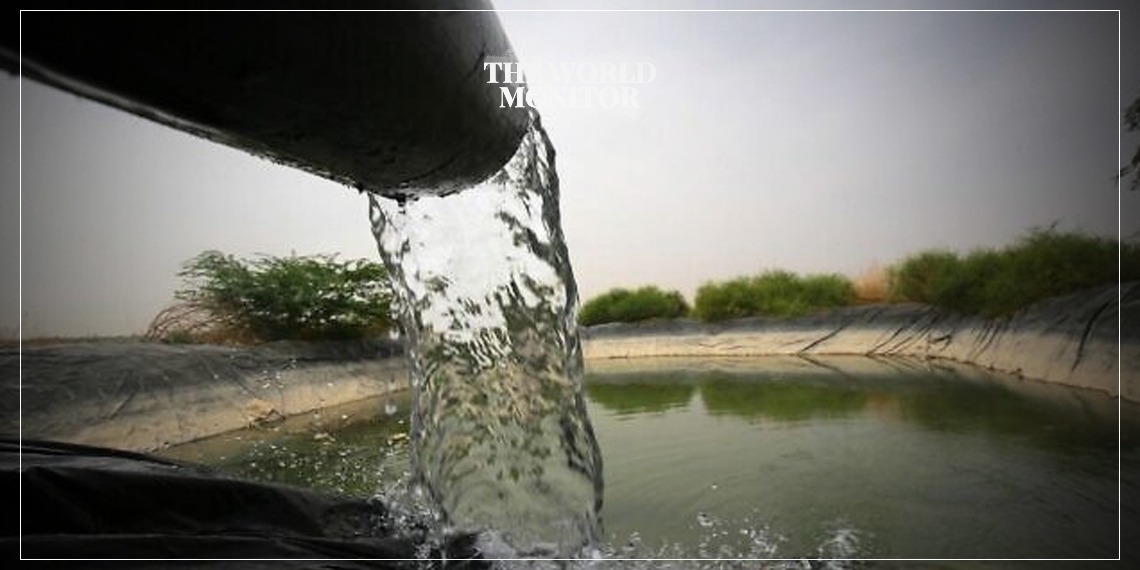After more than five months of delays, Israel’s government has declined Amman’s request to extend the water agreement for five years, opting instead for a six-month extension until November.
This decision came after prolonged internal discussions within the Israeli government, which unanimously agreed against a five-year extension.
Some officials, like Energy Minister Eli Cohen, advocated for a one-year extension, while others opposed any extension as a punitive measure against Jordan for its official and public stance against the Israeli military actions in Gaza and the noisy protests outside the Israeli embassy in Amman.
Another factor influencing the Israeli officials’ refusal to extend the agreement is Jordan’s decision last November to freeze the agreement signed with Israel at the end of 2021 in Dubai, under American sponsorship and financed by the UAE.
This agreement involved collaboration on producing electricity from solar energy in Jordan for the benefit of both countries, in exchange for Israel constructing a water desalination plant for Jordan.
Water scarcity has historically been a source of political tension among the Jordan River basin states, including Syria, Jordan, Palestine, Lebanon, and Israel.
In 1953, Israel began addressing its water issues through the “National Water Carrier Project,” which unilaterally diverted substantial water from the Jordan River and the Sea of Galilee to the southern Negev.
To prevent escalation into war, the United States proposed the “Johnston Plan” in 1955 to distribute water among the four nations, although it was never accepted.
Each country then pursued individual measures; Syria and Lebanon built dams, and Israel resumed the National Water Carrier Project, which led to the Six-Day War in 1967, where Israel captured the Golan Heights, a critical water source from the Jordan River (Banias springs and hundreds of streams and the Yarmouk River).
Through its control over the West Bank and Gaza Strip post-occupation, Israel imposed stringent restrictions on Palestinian water resources, turned the Jordan River banks into a closed military zone, and deprived Palestinians of their only source of surface water in the West Bank.






